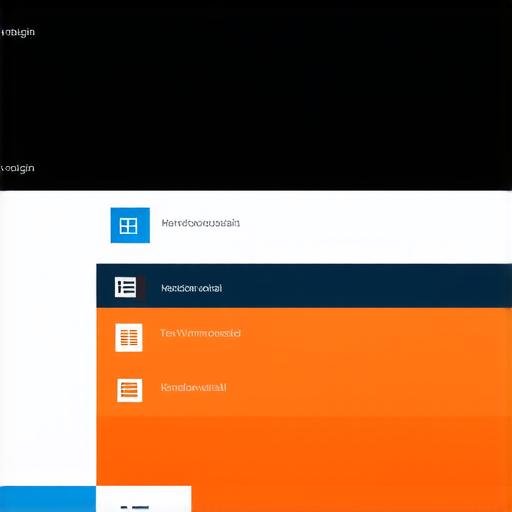Introduction:
In the world of game development, there are two major contenders: Unreal Engine and Unity. Both platforms offer powerful tools for creating immersive, interactive experiences, but which one is the best choice for your project? In this article, we will explore the features and benefits of both platforms and help you make an informed decision about which one to use for your game development needs.

Unreal Engine vs
Unity:
A Side-by-Side Comparison
1. Performance:
In terms of performance, Unreal Engine is generally considered to be more powerful than Unity. This is because Unreal Engine uses a proprietary graphics engine that is optimized for high-performance rendering. In contrast, Unity uses a third-party graphics engine (Unity’s own engine, called URP) that may not perform as well in certain situations.
2. Ease of Use:
Both platforms are designed to be easy to use, but Unity is considered to be more user-friendly than Unreal Engine. This is because Unity has a simpler interface and more intuitive workflow, making it easier for developers to get started with game development. In contrast, Unreal Engine can be more complex and requires more technical expertise to master.
3. Community Support:
Both platforms have large and active communities of developers, but Unreal Engine’s community is generally considered to be more passionate and dedicated than Unity’s. This is because Unreal Engine has a strong focus on high-performance gaming and attracts developers who are passionate about pushing the limits of what is possible in terms of graphics and performance. In contrast, Unity has a broader focus that includes everything from mobile development to education, which can make it more difficult to find specialized support for certain projects.
4. Cost:
Both platforms offer free versions, but Unreal Engine’s free version is more limited than Unity’s. This means that you may need to upgrade to a paid version of Unreal Engine if you want to access all of its features and capabilities. In contrast, Unity’s free version offers almost all of the tools and features you need to create a complete game, making it a popular choice for beginners and small-scale projects.
5. Popular Use Cases:
Both platforms are used for a wide range of applications, but they each have their own unique strengths and weaknesses. For example, Unreal Engine is commonly used for high-performance gaming, virtual reality (VR), and augmented reality (AR) experiences, while Unity is popular for mobile development, 2D game development, and education.
Case Studies:
Unreal Engine:
* Fortnite: A popular multiplayer battle royale game that uses Unreal Engine to create its immersive, 3D environment.
* The Last of Us Part II: A critically acclaimed video game that uses Unreal Engine to deliver stunning visuals and realistic physics.
* VRChat: A virtual reality social platform that uses Unreal Engine to create a wide variety of interactive experiences.
Unity:
* Angry Birds: A popular mobile game that was developed using Unity and is now available on multiple platforms, including iOS, Android, and Windows.
* Pokémon GO: Another popular mobile game that was developed using Unity and uses augmented reality to bring the Pokémon universe to life in real-world environments.
* Alien: Isolation: A tense, atmospheric horror game that uses Unity to deliver a high-quality gaming experience on multiple platforms.
Personal Experiences:
As a developer who has used both Unreal Engine and Unity, I can attest to the strengths of each platform.
